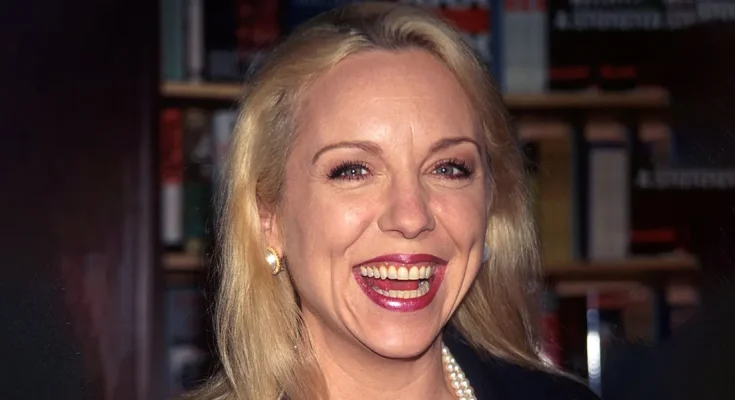The celebrity punished herself for everything that went wrong in her life and slowly withdrew from those around her. Hoping for a fresh start, she made a quiet exit from the Hollywood spotlight — but her new path didn’t unfold the way she had imagined.
Best known for her rise to fame in the ’90s, the actress found herself at the center of attention after landing a breakthrough role in “Grace Under Fire.” But what seemed like a dream soon turned into a nightmare, as her personal life began to spiral — bringing her dangerously close to death.

The Alabama native was discovered in the mid-1980s performing stand-up comedy in New York City. By then, she had already battled alcoholism and left behind an abusive marriage — painful experiences rooted in a childhood marked by a violent, alcoholic father.
Not long after, a new door opened. In 1992, she made the move to Hollywood when Tom Werner and Marcy Carsey — the minds behind “Roseanne” — offered her a chance to lead her own show.
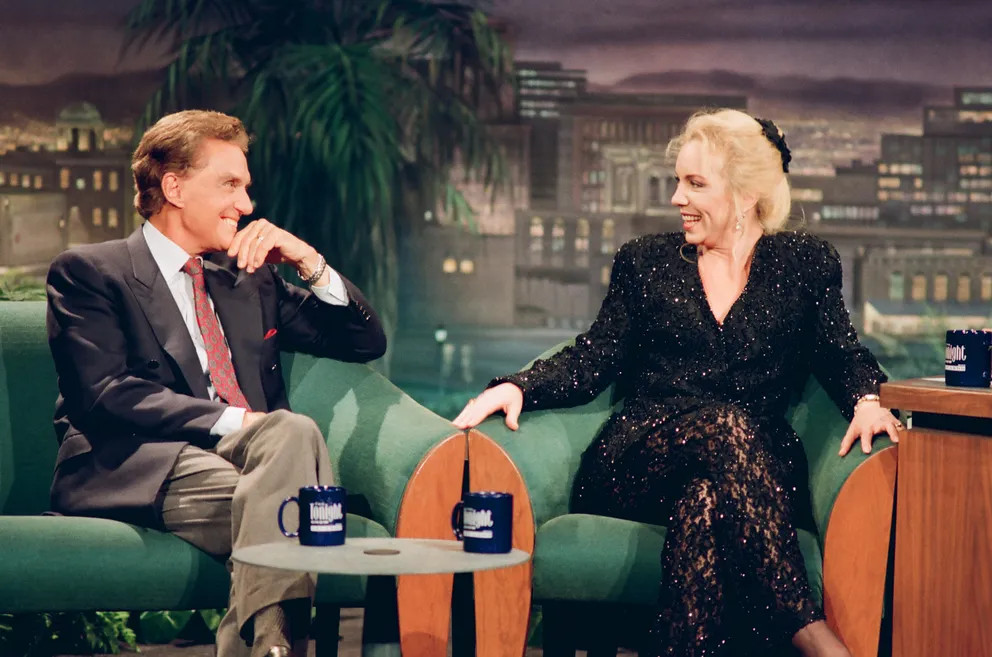
This led to “Grace Under Fire,” in which the actress played Grace Kelly, a quick-witted, working-class single mother. The series premiered on ABC in 1993 and quickly climbed the ratings, landing in the Top 10 during its first two seasons.
She received two Golden Globe nominations and was even seen by some as the next Roseanne Barr. However, the success of the sitcom based loosely on her life brought new challenges.
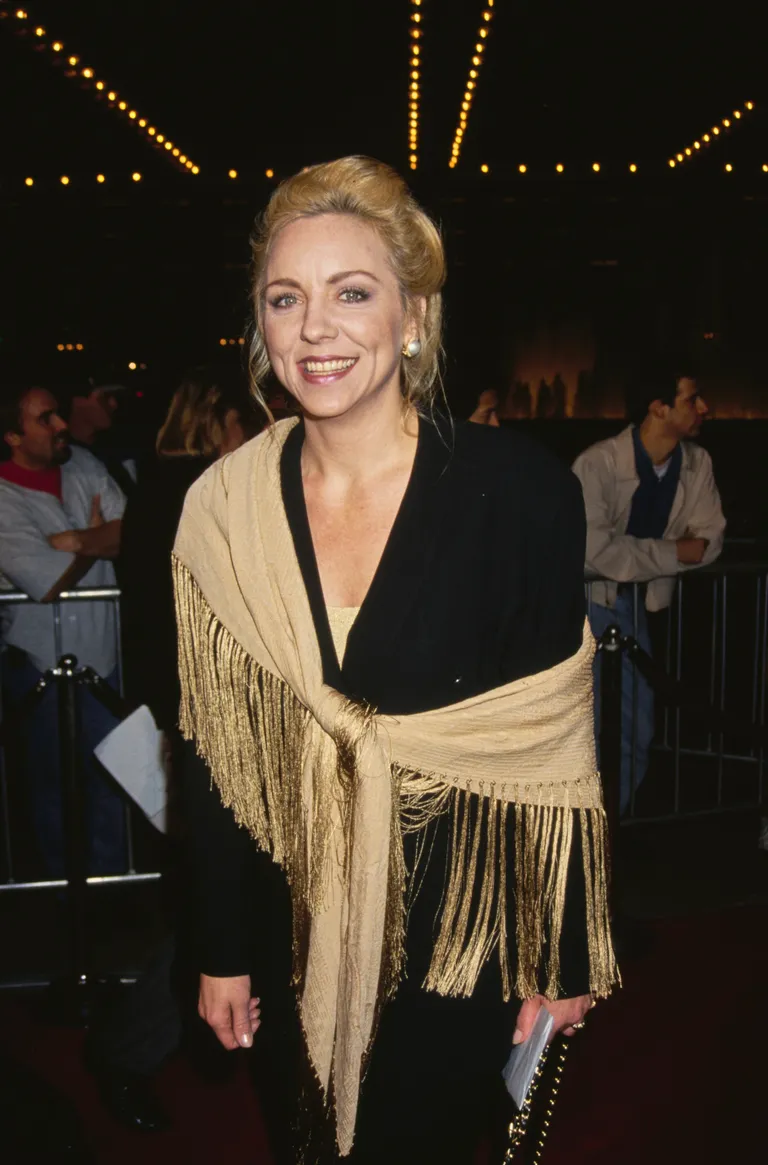
Pressure behind the scenes and a prescription for sciatica led to a Vicodin addiction. According to the television star, who had been sober for seven years before the show, the pills eventually took control — making her unpredictable on set and pushing co-stars away.
Tensions weren’t limited to the cast. From the very beginning, creative clashes between her and the show’s creator, Chuck Lorre, added fuel to the fire.
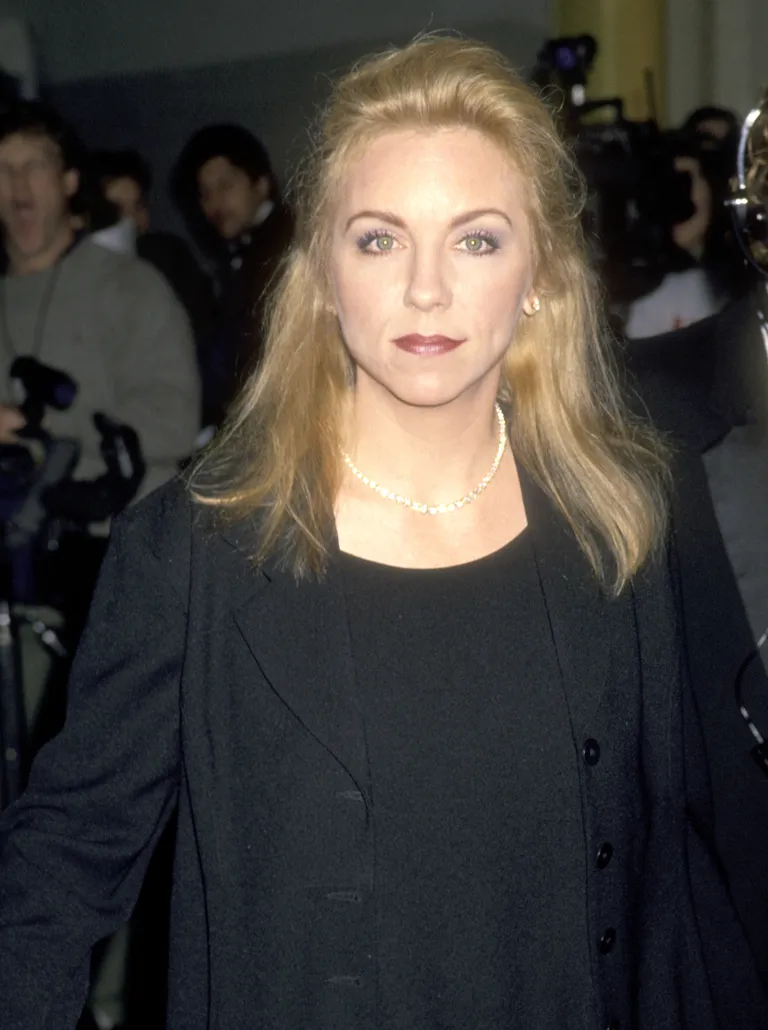
Disagreements surfaced over seemingly small details — one early argument revolved around a scene showing Grace potty training her youngest child, which she refused to film.
“I wanted it to be a love letter to all the single, working moms out there,” Lorre later said in an interview. But the constant pushback wore him down. After just one season, he walked away, saying, “Life is too short,” and added, “It should have been a joy.”
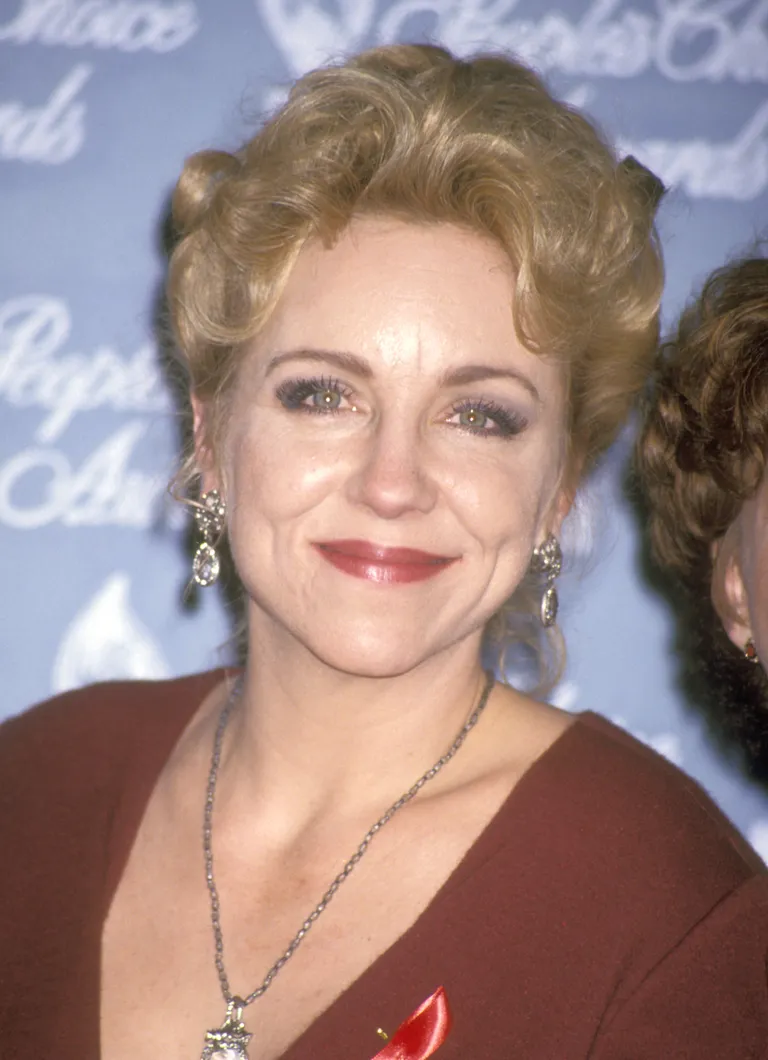
As tensions grew behind the scenes, the show’s popularity began to slip. By the fourth season, as the actress’s addiction worsened, ratings dropped sharply, falling to No. 45.
Around the same period, she entered rehab for the first time, delaying the premiere of the fifth season until November 1997. However, the celebrity’s struggle continued.
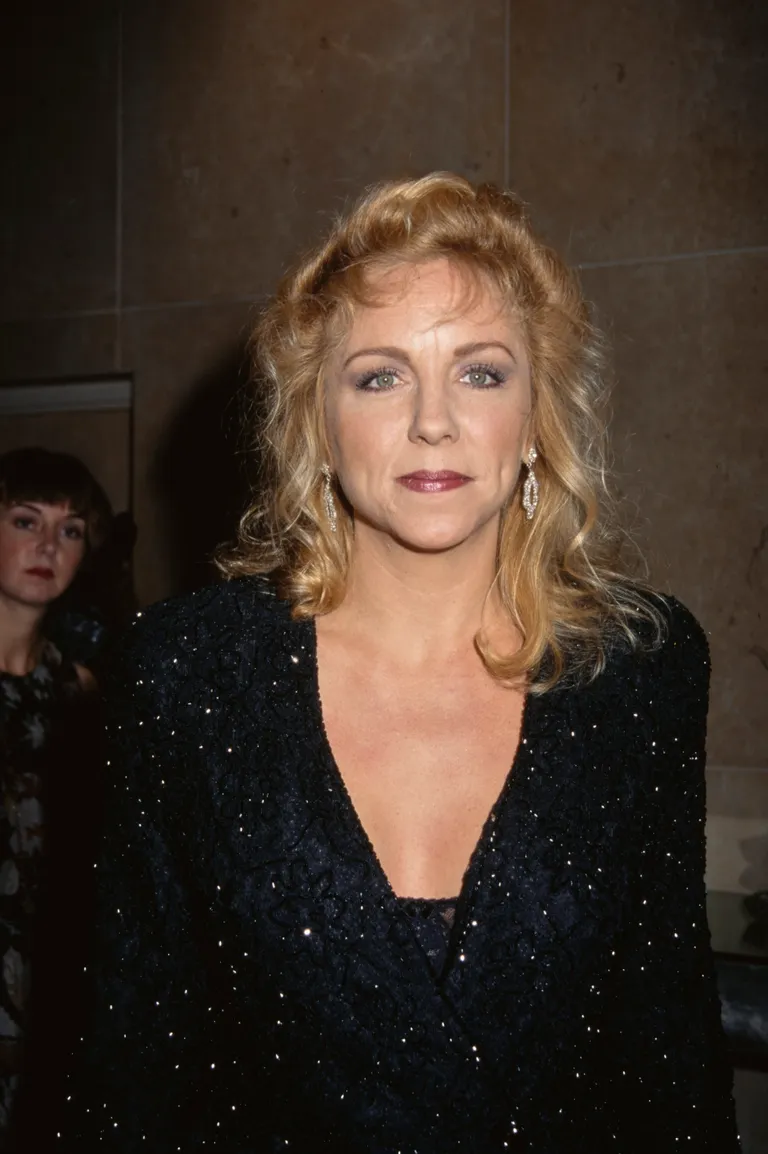
After missing several episodes due to relapse, ABC canceled the show in 1998. The final season, left incomplete with only 14 of 25 episodes filmed, ended at No. 68 in the ratings.
“At the bloody bitter end, I really was difficult,” the actress later confessed. “I was out of my mind. Drugs will do that to you. The show should have been pulled sooner than it was.”
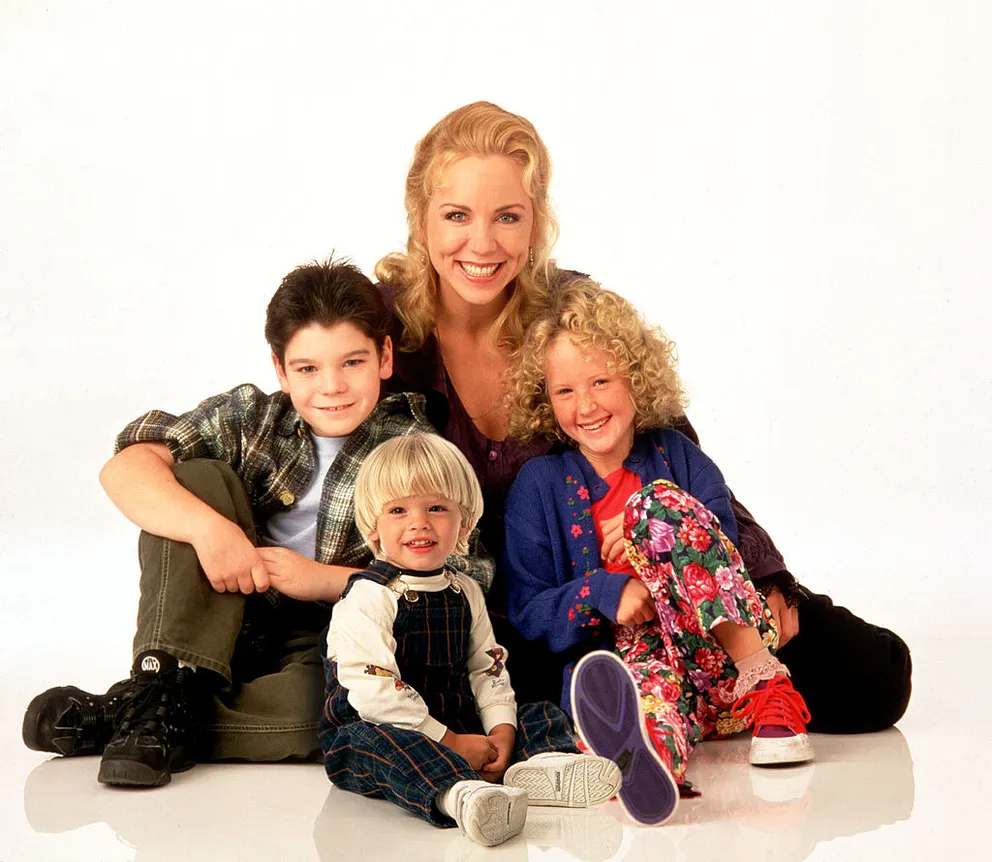
With her career in ruins and public image shattered, the star withdrew to her home in the Hollywood Hills. At just 40 years old, she began to unravel behind closed doors.
“I lost my husband, my job, the respect of people I admire greatly, everything,” she shared in a candid interview. “But I still didn’t sober up for another six months. The closeness that I came to dying was really remarkable.”
In the years that followed “Grace Under Fire,” the star stepped away from public life completely. She referred to this period as a self-imposed exile, during which she rarely left her home and declined the few roles that were offered.
The comedian believed that distancing herself from everything she was once good at, or punishing herself, might somehow restore balance. In the end, she acknowledged that none of it made a difference for anyone.
Over time, she gained 100 pounds, and became increasingly isolated. She later began to realize there was still something deeper at play.
In therapy, the public figure once remarked that she wasn’t depressed but famous, describing herself as the child who called out the emperor’s nakedness, only to become the one everyone stared at.
The more time she spent away from the limelight, the clearer the underlying issue became. Beneath the addictions, the weight gain, and the isolation was something she hadn’t fully acknowledged — depression.
It ran in her family, and though she once saw it as a weakness in herself, a quiz result urging her to “Go to the hospital” finally made things clear. “For a smart woman, I was really slow to pick up on it,” the actress admitted.
She began taking antidepressants and, in 2007, made a major change. The celebrity moved to Georgia and bought a farm about 70 miles northwest of Atlanta. The goal was a quieter, healthier life — but it didn’t unfold as planned.
Due to reasons she chose not to explain, except to say, “It was totally my fault,” she lost the last of her financial security. The farm was foreclosed, and she ended up without a home.
Much of her financial downfall stemmed from how she handled the wealth she earned during her time on “Grace Under Fire.” She brought in around $25 million from the show but admitted to squandering it through what she called “profligate” spending and poor financial choices.
The star placed too much trust in the wrong people, resulting in theft and loss. Looking back, she called it a mistake not to have insurance and acknowledged that she gave away large sums of money. The guilt she felt over having that much wealth drove her to spend it quickly, almost as if she couldn’t get rid of it fast enough.
She had hoped a DVD deal from “Grace Under Fire” would earn her a million dollars, but it never came through. With no money left and her farm lost, actress Brett Butler returned to Los Angeles.
When Charlie Sheen, whom she described as a “good friend,” offered her a small part on “Anger Management” in 2012, she accepted. He spoke highly of her talent, saying she had forgotten what a comedic genius she was.
His offer came at a critical moment. According to Butler, Sheen’s gesture may have saved her life. She was still caught in a cycle of guilt and described herself as having mastered self-loathing.
At the time, she was living alone on the farm, surrounded by animals and sinking deeper into misery. She questioned why she continued to isolate herself.
The call from her fellow actor reminded her of who she had been before everything fell apart, and for the first time in a long while, she felt like she belonged again.
Their connection wasn’t new. The two have known each other since her “Grace Under Fire” days. Sheen pushed to get her a role on the sitcom even though she believed the producers weren’t fully on board.
Thanks to his efforts, she landed a part as a cocktail waitress and stayed on the show for two years. “If it wasn’t for Charlie, there’s no way I would have been on that show,” said Butler.
That chance led to new possibilities. In the years that followed, Butler reappeared on television in a number of prominent roles. In 2016, she portrayed the adoptive mother of Aja Naomi King’s character on ABC’s “How to Get Away With Murder.”
She also made appearances on “The Leftovers,” had a recurring part in season nine of “The Walking Dead,” and more recently played the mother of Reese Witherspoon’s character on “The Morning Show.”
Despite returning to work, the weight of her past continued to follow her. Butler became sober and later admitted she was lucky to have survived. Since then, she has maintained that she has not used drugs or alcohol.
Recovery was a difficult process, and the emotional scars remained. Part of healing involved making amends, something she took seriously. She recalled contacting someone from her past, only to be met with a sharp response.
The woman told her there was no need to apologize because she was already forgiven, but added, “There’s nothing that special about you.” Butler sensed the remark had been long held back and, in private, remarked that drug-fueled breakdowns rarely come from a sense of superiority.
The sting of that exchange lingered, serving as a reminder of how far her image had fallen. She spoke of trying to recover from the damage to her reputation, recalling how strangers would say they had heard she was a monster.
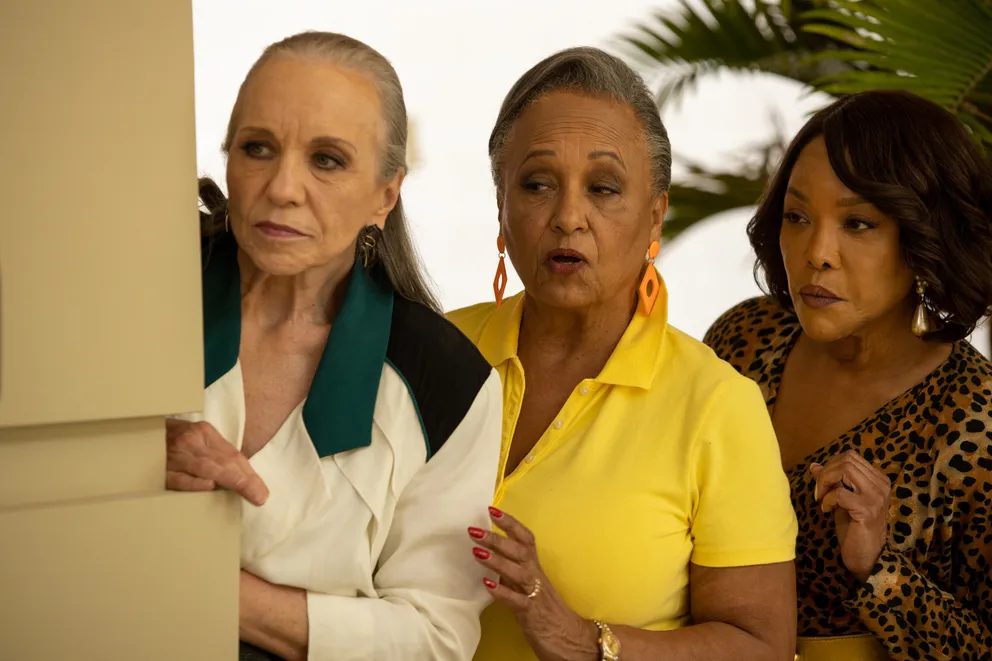
The rumors and labels weighed heavily, but they didn’t define her entirely. Though the last several years brought their share of struggles, she acknowledged that many had faced hard times. Still, she wasn’t ready to give up.
A traditional comeback might have seemed unlikely in 2021 — no new sitcom, talk show, or spiritual series on the horizon — but a return to stand-up comedy appeared within reach.
At the time, she talked about crafting a routine that explored how her lifelong search for humor in dark moments had, in the end, pulled her into the darkness itself.
There were also signs of renewal at that time. Butler, who has since left the film industry, had picked up a notebook and started jotting down jokes by hand, just as she had when her career first began. She described the moment as deeply meaningful, saying it reminded her of a time when her dreams felt limitless.
Brett Butler lost nearly everything to addiction and personal turmoil. After years of isolation and financial hardship, she gradually returned to acting through small but steady roles.
Her struggles with sobriety, reputation, and self-worth shaped much of her later life. Though her career never fully recovered, she continues to work and create on her own terms.
